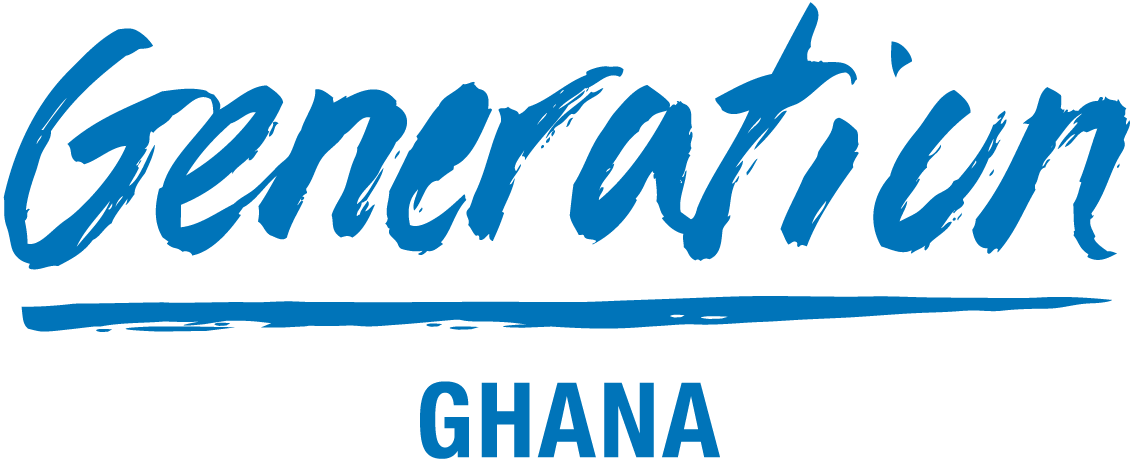Fostering Teamwork in a Diverse Workforce

In an increasingly globalised world, the workplace has become a melting pot of diversity. This amalgamation of perspectives, experiences, and skills paves the way for innovative solutions and a dynamic work environment. However, the confluence of diverse backgrounds also presents unique challenges, particularly in fostering effective collaboration and teamwork. The significance of collaboration across backgrounds in the workplace cannot be overstated, as it is pivotal in driving organisational success and fostering an inclusive environment.
The Importance of Collaboration Across Backgrounds
The fusion of diverse backgrounds in the workplace is something that happens more frequently as our world becomes more interconnected, but it’s also a key strategic advantage. Collaboration across different backgrounds enriches the workplace with a spectrum of viewpoints, fostering creativity and innovation. Diverse teams, when managed effectively, are found to outperform their homogenous counterparts, as they bring varied problem-solving approaches to the table. Moreover, diverse teams are a reflection of the global customer base, enabling organisations to understand and cater to a wider audience.
However, the path to harnessing the full potential of a diverse workforce is laden with challenges. Miscommunication, conflicting norms, and varying work styles can hinder teamwork and productivity. Therefore, it is imperative for employers to adopt strategies that not only acknowledge these differences but also leverage them to cultivate an effective work environment.
Strategies to Foster Teamwork in Diverse Teams
Employers can employ several strategies to foster teamwork and collaboration among diverse teams, including:
- Promoting awareness and sensitivity: Understanding and respecting differences lay the foundation for effective collaboration. Employers should organise workshops and training sessions to educate employees about different ways of life, their work ethics, communication styles, and traditions. This promotes empathy and reduces misunderstandings.
- Establishing clear communication channels: Communication barriers can significantly impede teamwork. Employers should encourage the use of simple, clear language and provide translation services if necessary. Regular team meetings, visual aids, and written summaries can also help ensure that everyone is on the same page.
- Encouraging inclusivity in decision-making: Involving team members from different backgrounds in the decision-making process ensures that diverse perspectives are considered. This built-in variety of feedback enhances the decision quality, makes team members feel valued and respected, and even helps businesses meet the needs of their diverse customer base and clients.
- Fostering a culture of respect and inclusion: Creating an environment where everyone is respected and celebrated is crucial. This fosters mutual respect and a sense of belonging among team members.
- Implementing team-building activities: Team-building activities that are mindful of individual sensitivities can help break the ice and build trust among team members. Activities should be inclusive, ensuring that everyone can participate regardless of their background.
- Providing conflict resolution mechanisms: Diverse teams may face conflicts arising from misunderstandings. Employers should provide a clear mechanism for conflict resolution, promoting a culture where issues are addressed openly, respectfully, and constructively.
- Leveraging technology for collaboration: Utilising collaborative technologies can bridge the gap between teams working in different locations or time zones. Tools like video conferencing, shared digital workspaces, and project management software can help maintain a sense of connection and streamline collaboration.
Promoting Teamwork and Collaboration Through Hiring Practices
To effectively cultivate collaboration and teamwork within diverse teams, employers should also prioritise behavioural skills and mindsets during the hiring process. Recruitment processes can be designed to identify and select candidates who not only possess the necessary technical abilities but also demonstrate strong interpersonal skills and a proven ability to work effectively in team settings. This includes looking for traits such as empathy, communication, and adaptability, which are critical for navigating the complexities of a diverse workplace.
Employers looking to enhance collaboration and teamwork within their diverse teams can achieve this seamlessly by partnering with Generation Ghana. Through this partnership, companies gain access to a pipeline of skilled talent trained in the behavioural skills that underpin effective teamwork and positive workplace culture. Generation Ghana prepares candidates by focusing not only on the technical skills required for specific roles but also on critical interpersonal skills that are indispensable for thriving in diverse environments.
Employers who tap into our ready pool of talent are better positioned to foster a collaborative, inclusive, and innovative workplace. This strategic partnership not only fills skills gaps efficiently but also builds a foundation for sustained organisational success and employee satisfaction. Learn more about partnering with us today!
As the workforce becomes increasingly diverse, the ability to foster collaboration across backgrounds is a necessity for organisations aiming for global success. By adopting the right strategies, employers can create a work environment where diversity is celebrated, collaboration is seamless, and productivity thrives.
At Generation Ghana, our mission is to train, support, and place people into otherwise inaccessible career opportunities that can change their lives. Explore our employment programmes to see the professions we support.
HIRE OUR GRADS
Click to learn more about how Generation Ghana can solve a wide range of employer challenges with our evidence-based approach and our job-ready graduates.
Let’s connect
